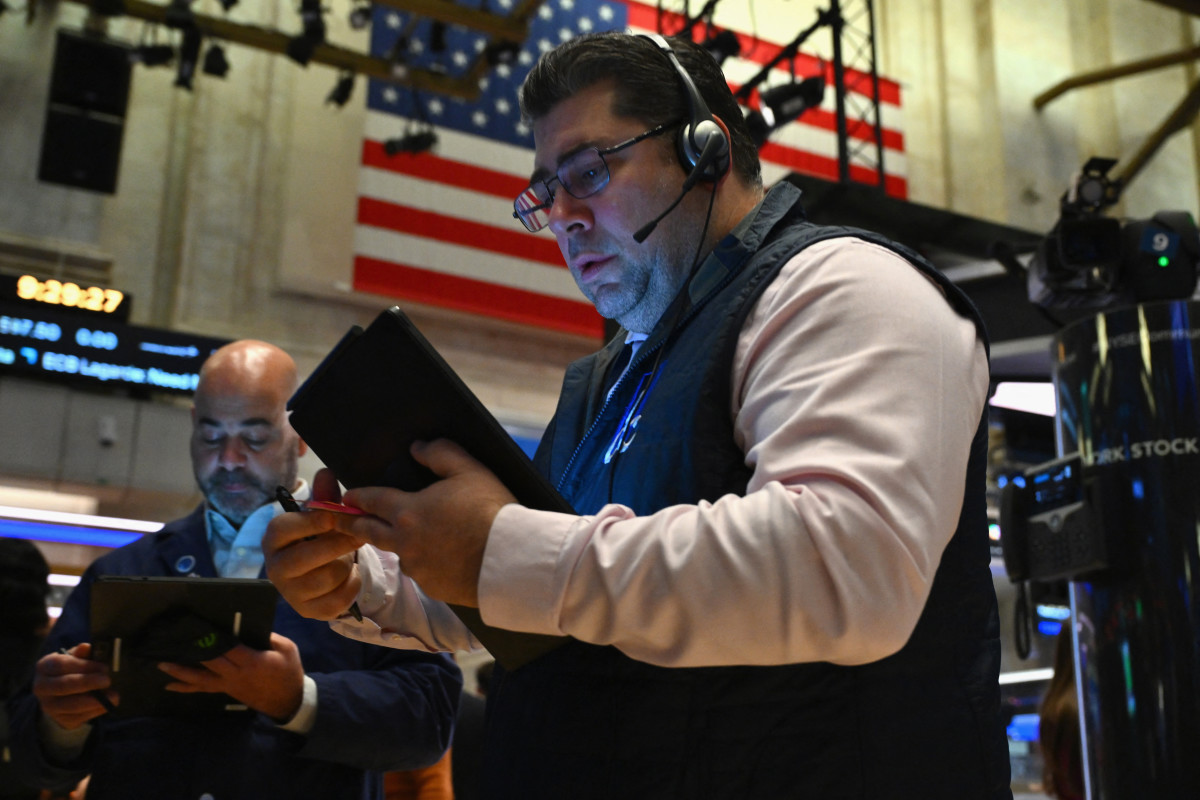
While there are many factors that impact the stock market's performance, one common concern for investors is the outcome of a presidential election. TheStreet’s J.D. Durkin breaks down how the market has performed in previous election cycles and what to expect in 2024.
Full Video Transcript Below:
J.D. DURKIN: Whether we’re ready for it or not, election year is here – and with it, a whole new set of factors for a stock market that is already sensitive to interest rates, inflation, and big tech consolidation.
And although past performance is no guarantee of future results, it is worth a look at how the stock market usually performs during years of a presidential election.
First – the pre-election cycle: According to Goldman Sachs, the S&P 500 is up, on average, 4% in the 12 months before a presidential election.
An examination of the overlap between markets and presidential cycles doesn’t exactly bring any clear trends into picture. In 1980, Jimmy Carter ran for re-election and lost, even though the market was up 25%. Ronald Reagan won re-election four years later, despite paltry market returns.
Despite no discernible overall pattern, there are notable outliers. In 2000, the year of the Bush v. Gore election, the S&P fell 10% as economists expected a recession. And during the Obama-McCain election in ‘08, the nation contended with the Great Financial Crisis, during which the S&P 500 sold off almost 40%.
And despite the effects of the COVID pandemic, 2020 ended up being a great year for the stock market – with the S&P finishing up 16%.
As we head into this election year, both the bulls and the bears have their arguments about how the market will perform. Bears are concerned with high valuations and the shine of the A-I revolution wearing off, while optimists see a market that continues to rise especially if the Fed cuts interest rates. Of course, the stock market is not the economy… but they are closely correlated. And polls have shown that voters feel sour about high gas prices, rent inflation, and expensive groceries.
Popular thinking is that markets tend to like any electoral outcome when both political parties have some control; that means it’s less likely lawmakers can pass restrictive legislation. But research from U.S. Bank investment strategists found that “contrary to popular belief… there has not been a significant relationship between sweep outcomes and market performance during single-party control of both the White House and Congress.”
In other words, for 2024 it’s… anyone’s guess.







